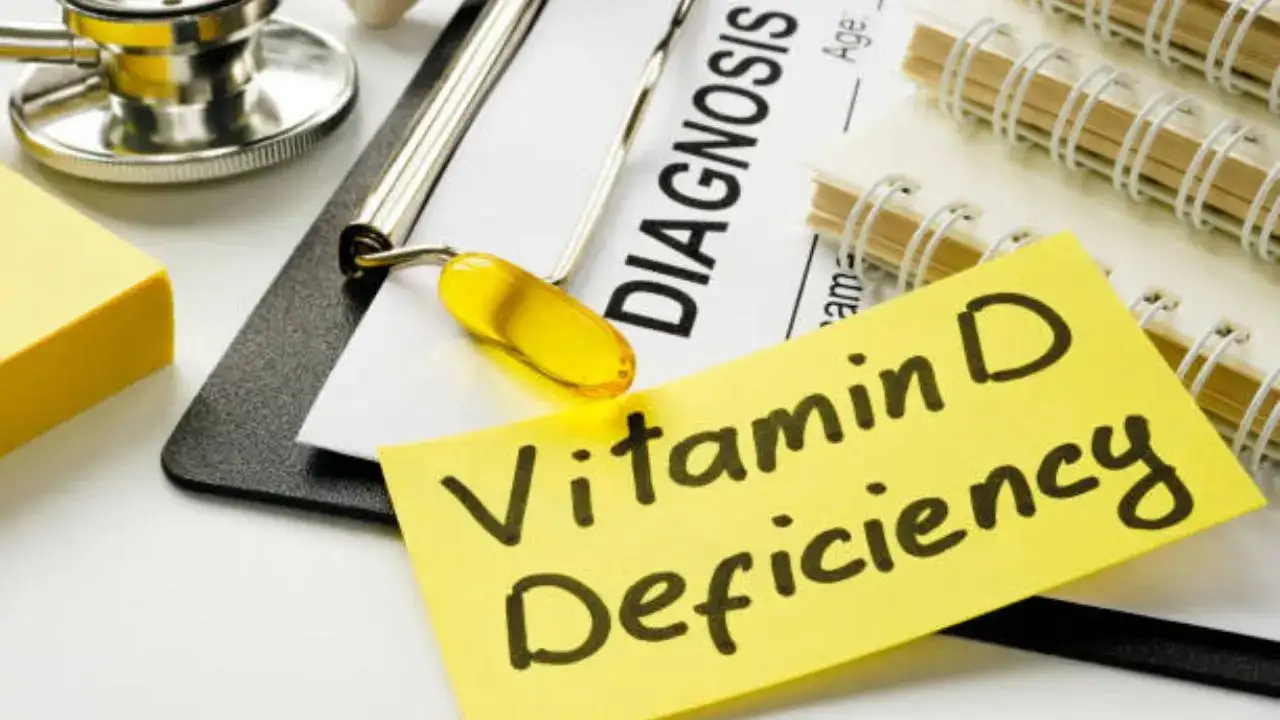
Vitamin D keeps your bones strong and improves your mental health apart from regulating sleep
Vitamin D is a fat-soluble vitamin essential for health. Not only does it keep your bones strong, but it also improves your mental health and is a great help to give you regulated and uninterrupted sleep. However, according to experts, almost one in four adults across the world today are deficient in vitamin D.
Doctors say those lacking in this nutrient struggle with fatigue, depressive symptoms, and bone issues. However, by carefully noticing a few signs and symptoms, you can check whether you have vitamin D deficiency.
Ways to check vitamin D deficiency
Hair loss
Hair loss is among the common signs of vitamin D deficiencies because it disrupts the hair growth cycle and affects keratinocytes—a type of cell that is important for hair growth.
Back pain
Vitamin D deficiency causes back pain as it leads to muscle weakness in the back, neck, and waist. This weakened muscle strength can increase stress on the back and neck muscles, which causes pain.
Constant tiredness
Those who lack vitamin D are constantly fatigued despite being healthy. Since vitamin D is important for cell metabolism and helps mitochondria use oxygen to generate energy for the body, when its levels are low, you may feel tired and run down all the time, even if you are sleeping well and living a healthy lifestyle.
Anxiety
Low levels of vitamin D are associated with increased symptoms of anxiety. And so, vitamin D is important for brain and nervous system health due to its high antioxidant properties.
Loss of appetite
Vitamin D is extremely important to muscles, the nervous system, and the immune system. While it may not have a direct effect on weight changes, related contributing factors do play a significant role in weight loss or gain.
Depression
Vitamin D deficiency is associated with depression and other mental health disorders, and supplements of this nutrient help treat depression.
Poor sleep
Vitamin D deficiency causes poor sleep quality. Vitamin D receptors are found throughout the body, including the central nervous system, where they help regulate the sleep cycle and promote deep sleep. When vitamin D levels are low, these receptors may not function properly.
Slower wound healing
Vitamin D helps heal your wounds by increasing the production of compounds that form new skin and by controlling inflammation and infections. However, a lack of this compound affects healing.
If any of these symptoms sound familiar, see your primary care provider. You can go for a blood test to check your levels of vitamin D and get treated accordingly.
Foods that are naturally high in vitamin D
According to experts, the main and best source of vitamin D is fish. However, a few others include:
- Fatty fish like salmon, trout, tuna and mackerel
- Canned fish like herring and sardines
- Egg yolks
- Beef liver
- Fish liver
A few other naturally occurring vitamin D foods include:
- Breakfast cereals
- Milk
- Almond milk
-
Soy milk
- Orange juice
- Oatmeal
Apart from these foods, experts also recommend you sit in sunlight daily for at least 10-15 minutes for your body to create its vitamin D.
